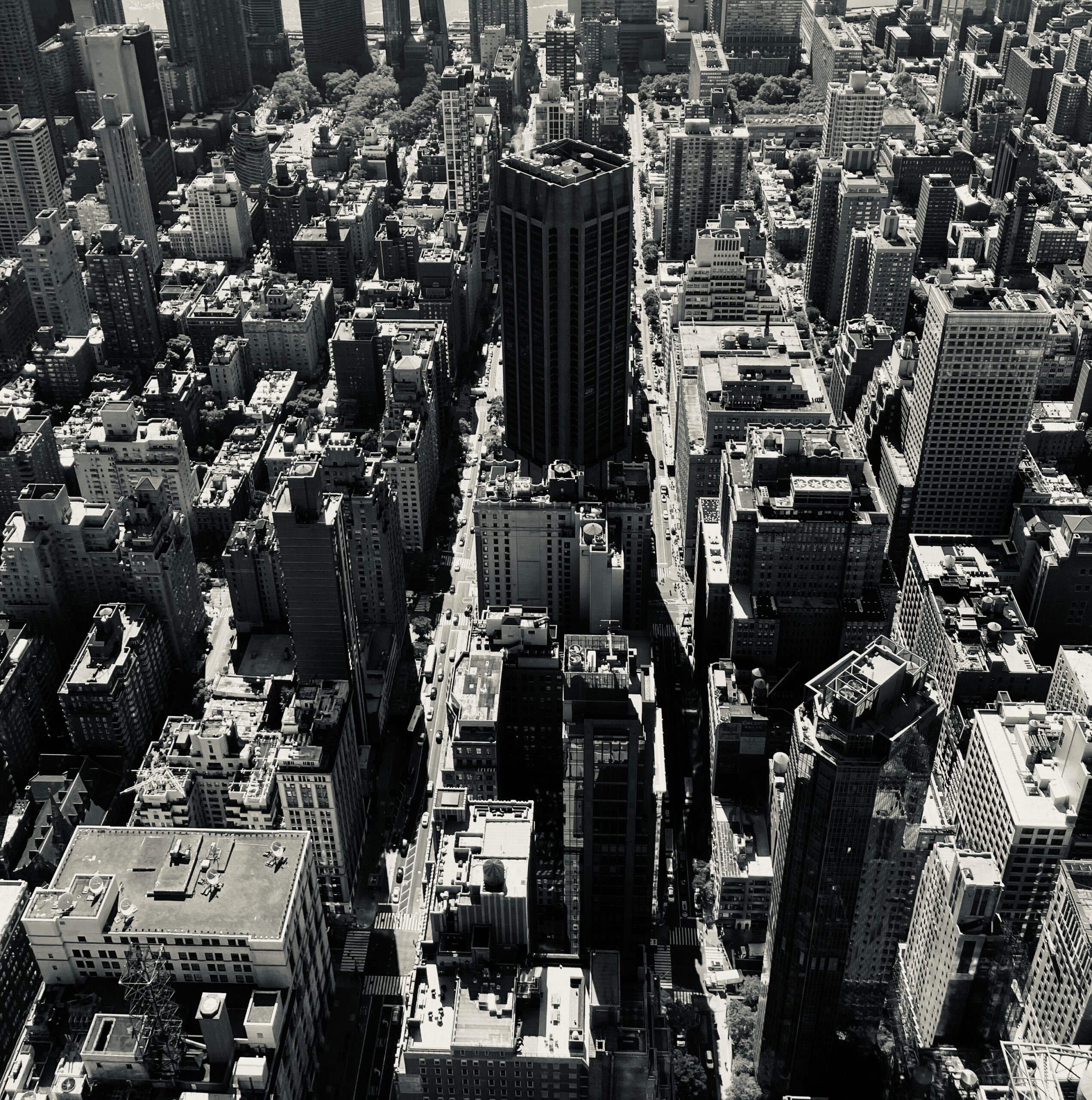The Wasteland
[soundcloud url=”http://api.soundcloud.com/tracks/81374949″ params=”color=00353f& auto_play=true&show_artwork=true” width=” 900″ height=”200″ iframe=”true” /]
The Wasteland is the second track from the “Small Things” album, which depicts a ‘long/lost’ weekend charting the attempts to reconcile a relationship in crisis. The album begins with ‘The Big Freeze’, the initial indication of the perilous state that this particular relationship has reached. I deliberately left the sequence of events ambivalent on this album, which can of course lay one open to misinterpretation. The very wonderful electronic music fanzine “A Closer Listen” reviewed the album on it’s release, commenting that the instances of upbeat tracks suggested that the album was ‘an unusual take on the subject (of separation), presumably from the point of view of someone who feels spiritually lifted by the break’. Tempting though it is to take credit for coming up with something original, I can’t in all honesty say this was my intention. I had got a scenario very much mapped out in my own mind, and maybe it’s a failure of my intent that this doesn’t read clearly, but I rather like the idea that listeners can arrive at such radically different interpretations of pieces of music. The more positive, up tempo tracks on the album, such as “The Road Trip”, alternate with despondent ones such as “The Night Drive”, in the way that we so often seem to lurch from a state of unbridled optimism to one of fear and suspicion. We never really know what someone is thinking, even when we’ve been close to them for many years. This is, of course, the greatest gift that the universe ever bestowed on us, and the reason that a) we are able to have relationships in the first place, and b) why so much of these relationships are taken up with asking “What are you thinking?”. As any one in any relationship will know, there is absolutely no right answer to this; it’s right up there with “Does this look good on me?”. I suppose if I wanted to, I could take the idea that we are ultimately ignorant of each other’s thoughts as the explanation for keeping the course of events and scenarios on the album so deliberately opaque, but, dear reader, that really would be pushing artistic license too far. Suffice to say that I’m open to being told what any of the pieces mean- after all, if it’s true for you, it’s true.
One of the most over used phrases of the modern age is ‘in the real world’. The implication is usually along the lines of “It’s all very well, for you, but I live in a much more authentic environment, where worrying about whatever may be concerning you is a privilege I, or let’s face it, any ‘normal’ person, can ill-afford”. It can at worst enable people to avoid taking moral responsibility on issues- as living in this ‘real world’ exempts them from having to exercise such problematic ethical choices- or at best imbue them with a certain kind of artisan self-righteousness. I was a firm believer in this notion of what is ‘real’ myself, until I had a conversation with a friend who was teaching yoga to a lady in Knightsbridge- throwaway middle-class phrases, we got ‘em!- who had recently flown her son by private jet to the South of France because he’d had been feeling poorly; nothing too serious, but she knew a specialist/friend there, and had the means to take him straight away. I made a comment about living ‘in the real world’, and was surprised to find Natasha defend her client- of whom she was no great fan- by making the point that:” For them, that is the real world. That is the world they live in. A rarefied world, yes, a privileged world, obviously, but a real world nonetheless. For them, almost everyone else’s world is surreal by comparison, so it’s not valid to talk of one person living a more ‘real’ existence than another”.
So if it’s real for you, that’s good enough for me. And if it’s real good for you, why, so much the better.


Leave a Reply